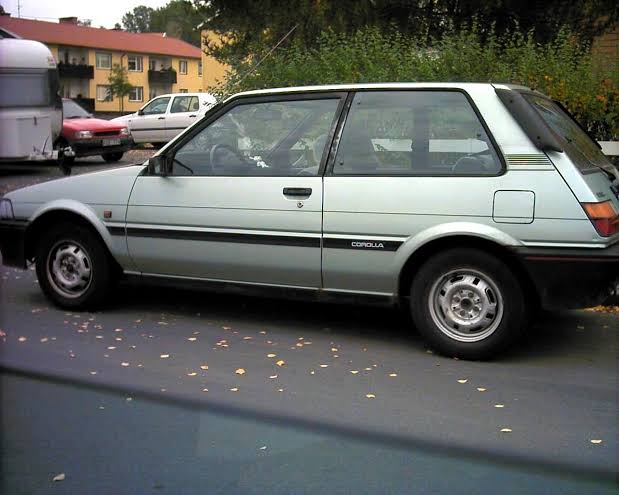Pre-owned cars are becoming popular among Indians. Investing in pre-owned cars saves the buyer a significant amount. However, before finalizing the plan to buy a used car, the buyer should always consider how to finance a pre-owned car.
The buyer may have to evaluate the following:
- Where to secure a used car loan from?
- How to go about shortlisting a lender to provide a loan for a used car?
- Are lenders nearby lending money at an affordable rate of interest?
- Furthermore, the repayment schedule should be convincing enough to opt for a second-hand car loan from a particular lender.
The second-hand car loan market is growing at a rapid pace and is expected to be the third-largest market by the end of 2021. Of late, many lenders are interested in giving used car loans to people in India. Here are some things to know before the buyer takes a used car loan:
The Rate of Interest:
The rate of interest of a second-hand car loan is competitive and can vary between 9.5% and 17.5 %. If the borrower wants to take a used car loan, then she should fulfill certain terms and conditions.
- If the borrower is employed, then the minimum income should be Rs.15 thousand per month. In the case of businesspersons, the net profit must be Rs. 1.5 Lakhs per annum. The applicant should be in continuous employment for at least 1 year for salaried class. For a businessperson, the applicant should be in business for the past 3 years.
- Salaried applicants must be between 21 to 60 to be considered eligible for this loan. For businesspersons, the range is 25 to 60 years.
- The car should not be more than 10 years old.
- The repayment tenure would be between 12 to 60 months.
Documents Required:
If the applicant fulfills the above-mentioned criteria, there are certain documents that have to be submitted by the applicant to get a loan for a used car.
- Identity proof: A valid passport, Adhar card, Pan card, Driving license.
- Address proof: Telephone bill, electricity bill, gas connection bill, Adhaar card, passport, ration card, LIC policy.
- Income proof: Income Tax returns, Form 16, salary credit slip.
- Asset proof: Building tax, house tax receipt.
Hypothecation Letter:
It is a letter, the financial institution, issues to the borrower. When the applicant approaches a financial institution, the latter issues a used car loan. Till the loan is repaid, the car belongs to the financing enterprise. The applicant repays the EMIs without fail and pays off the entire loan. Now, the car belongs to the applicant. Until the lender issues a hypothecation letter stating that the borrower has repaid the full money, the car belongs to the lender. So upon completion of the period of repayment of a second-hand car loan, borrowers must ask for the hypothecation letter.
Also Read – Top 4 Reasons Why Farmers Should have Appropriate Livestock Insurance
Along with an application form, the borrower must submit the hypothecation letter to the RTO to include the borrower’s name as the owner of the asset. The borrower should also submit car insurance papers, NOC and present address proof to register the car in her name.


